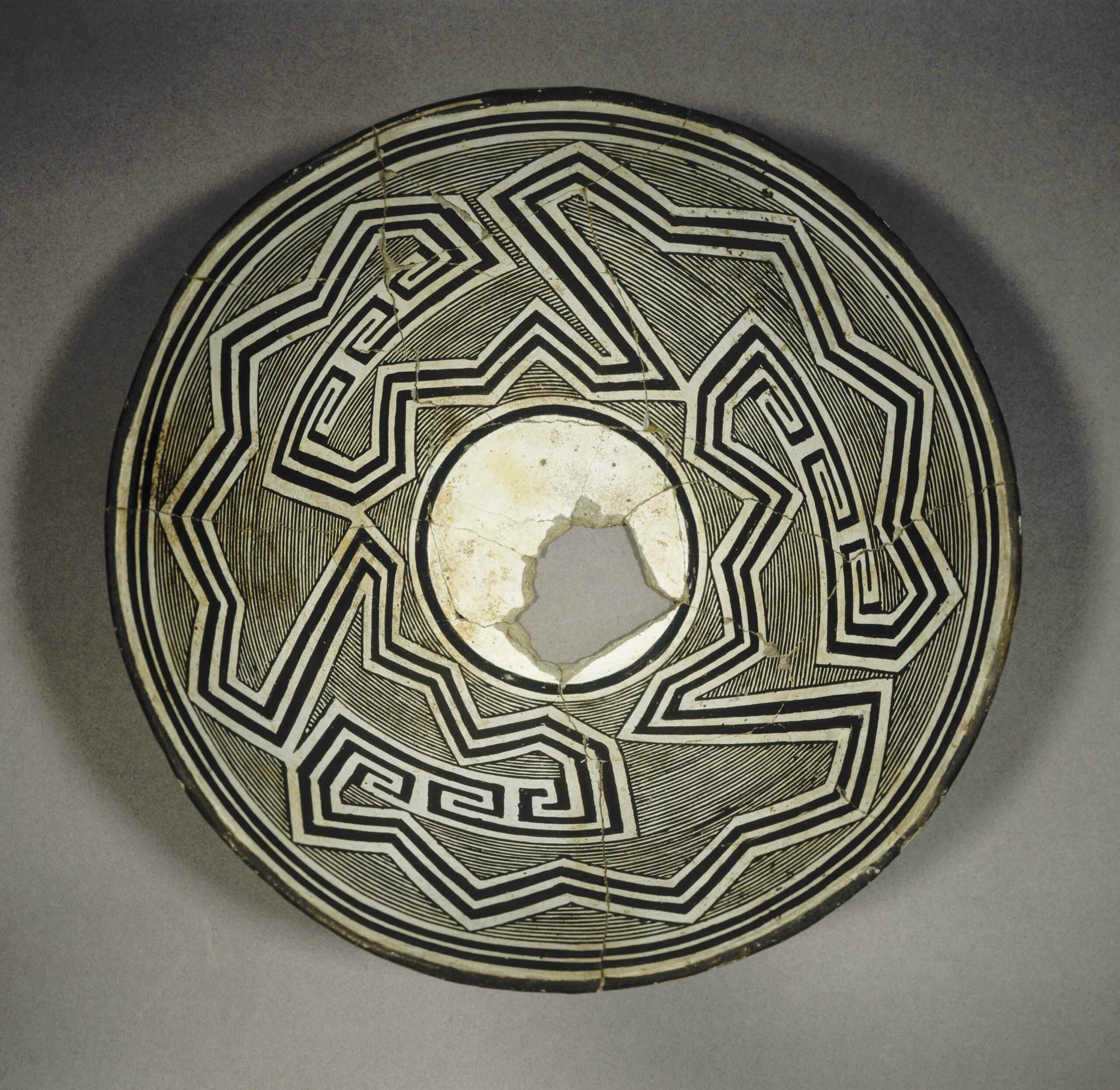NEW SOUTH WALES, AUSTRALIA—History credits Captain Cook as the first European to reach Australia’s eastern seaboard in 1770. But Stewart Fallon of Australian National University in Canberra has carbon-dated the collagen and tooth enamel from the skull of a “white man” discovered on the country’s east coast and recovered by police. “Using [the dates] together we can do some modeling as to what we expect the calendar age to be. We have about an 80 percent probability that the person was born somewhere around the 1650s and died somewhere between 1660 and 1700,” he explained. The skull could have been part of a private collection from the nineteenth century, or it may have been left for police to find as a hoax, points out Melbourne-based archaeologist Adam Ford.
Seventeenth-Century Skull Raises Questions
News July 2, 2013
Recommended Articles
Artifacts July/August 2025
Maya Ceramic Figurine
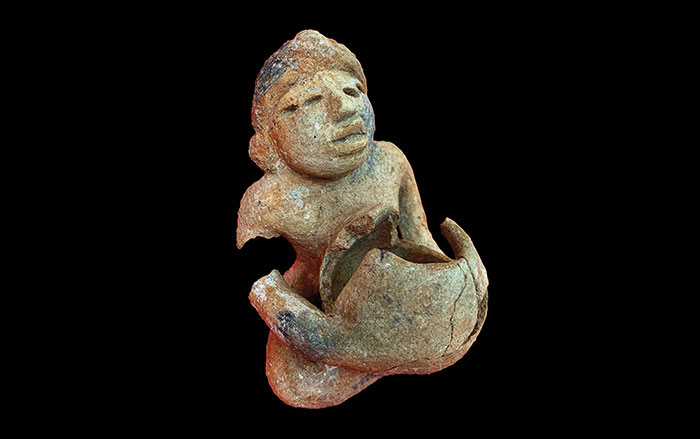
Off the Grid July/August 2025
Vichama, Peru

Digs & Discoveries July/August 2025
Bound for Heaven
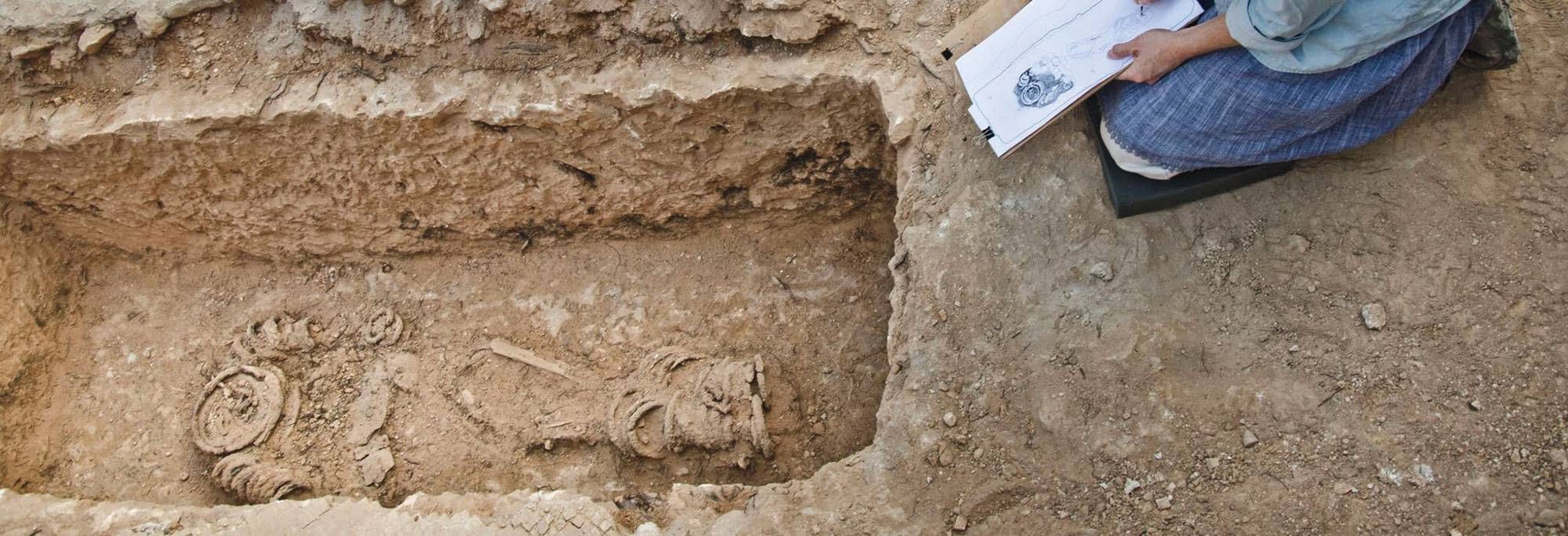
Digs & Discoveries July/August 2025
Saints Alive
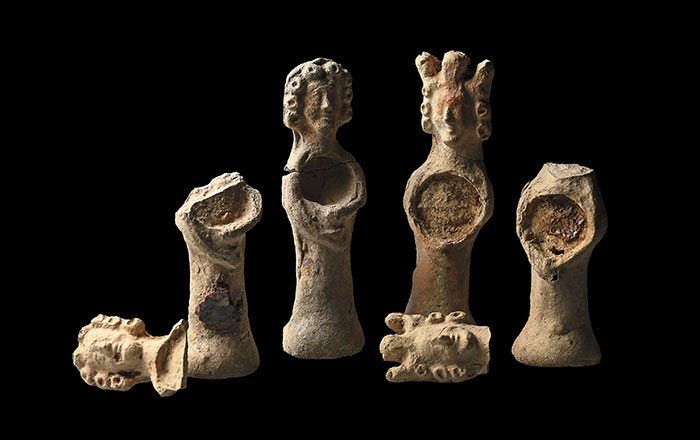
-
Features May/June 2013
Haunt of the Resurrection Men
A forgotten graveyard, the dawn of modern medicine, and the hard life in 19th-century London
 (Private Collection/The Bridgeman Art Library)
(Private Collection/The Bridgeman Art Library) -
Features May/June 2013
The Kings of Kent
The surprising discovery of an Anglo-Saxon feasting hall in the village of Lyminge is offering a new view of the lives of these pagan kings
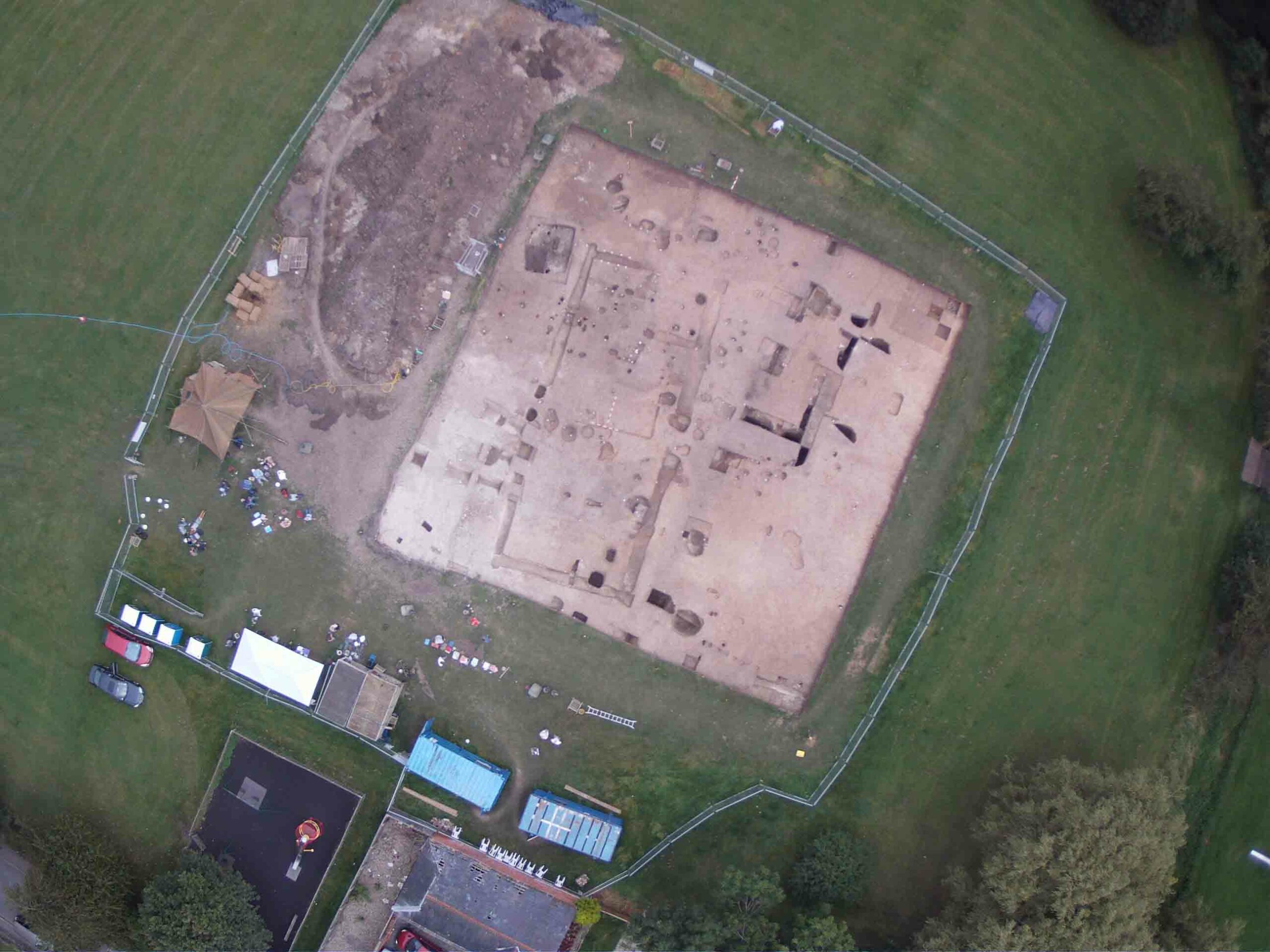 (Photo by William Laing, © University of Reading)
(Photo by William Laing, © University of Reading) -
Letter from Turkey May/June 2013
Anzac's Next Chapter
Archaeologists conduct the first-ever survey of the legendary WWI battlefield at Gallipoli
 (Samir S. Patel)
(Samir S. Patel) -
Artifacts May/June 2013
Ancient Near Eastern Figurines
Ceramic figurines were part of a cache of objects found at an Iron Age temple uncovered at the site of Tel Motza outside Jerusalem
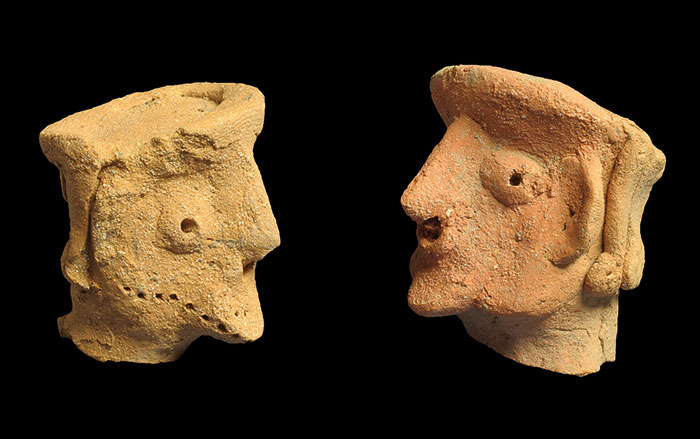 (Clara Amit, courtesy of the Israel Antiquities Authority)
(Clara Amit, courtesy of the Israel Antiquities Authority)


